AZRAQ Objectives
Protect and Restore Marine
Ecosystems
Advance Sustainability
Initiatives
Facilitate Collaborative
Partnerships
Advocate for Sustainable
Policy and Practices
Engage Communities in
Conservation
Combat Marine Debris
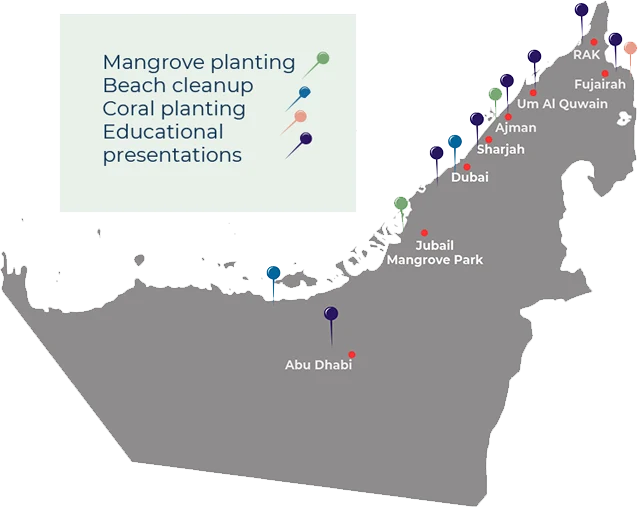
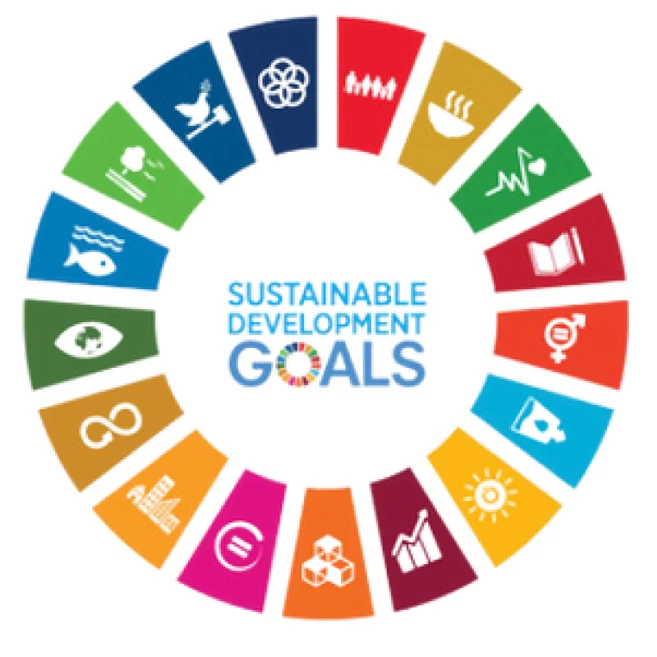
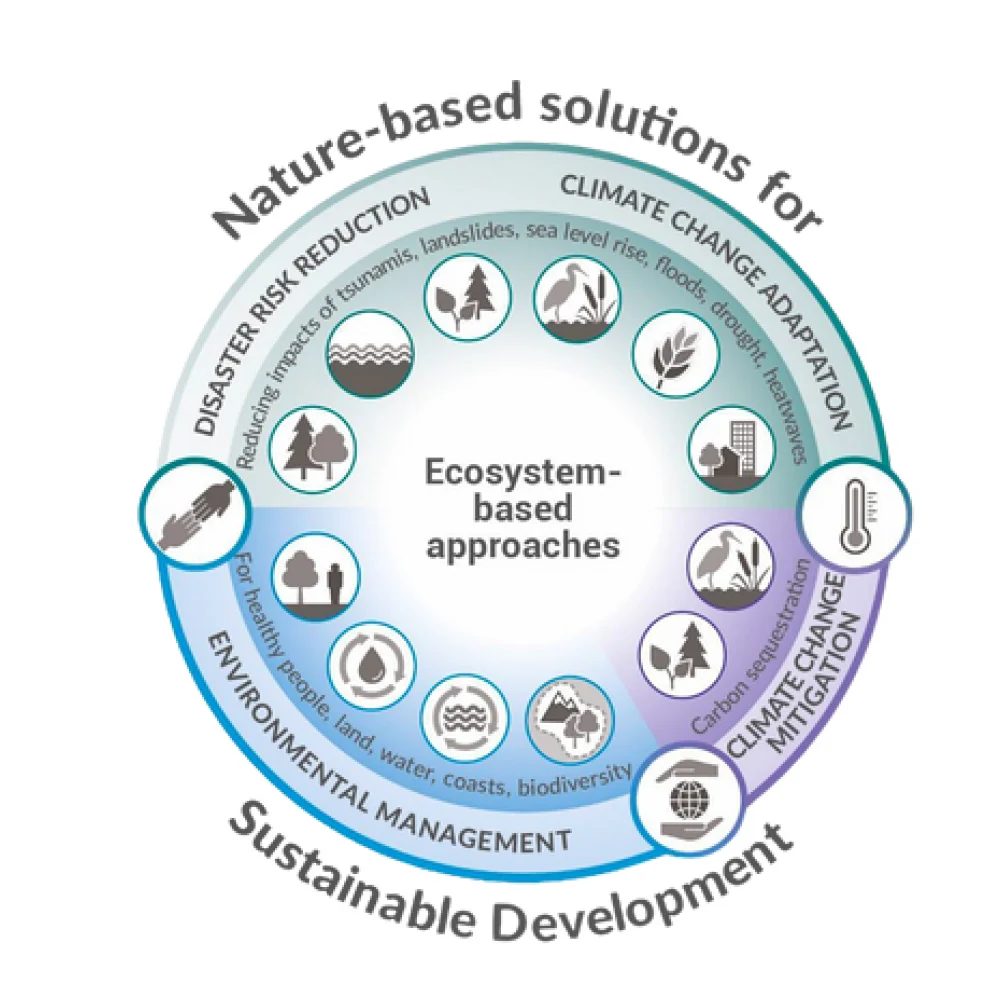
Decrease greenhouse gas emissions related to deforestation and land use
Capture and store carbon dioxide from the atmosphere
Enhance resilience of ecosystems, and as such support societies to adapt to climate hazards
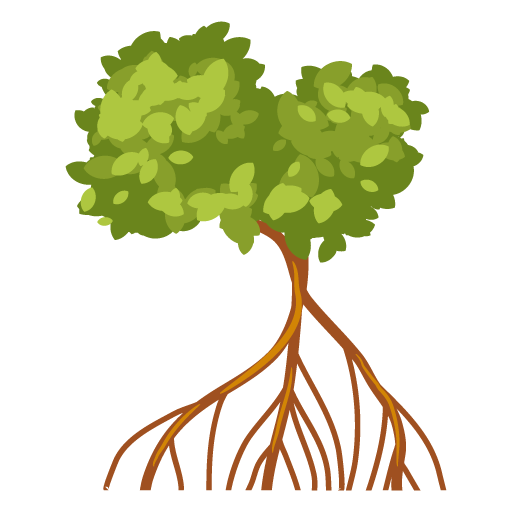
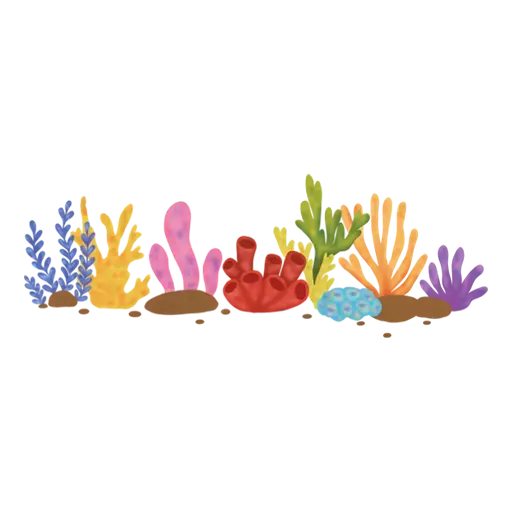

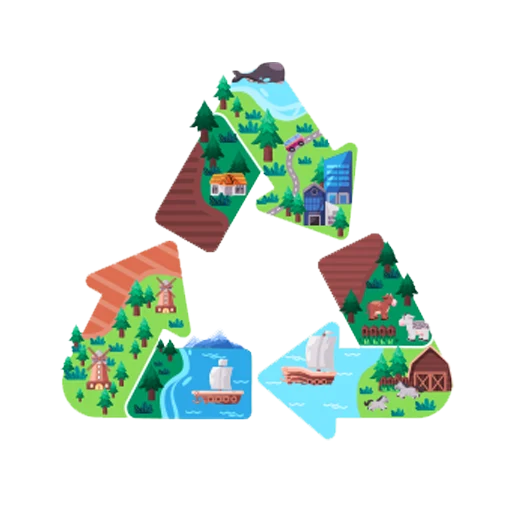
Why we protect the ocean?
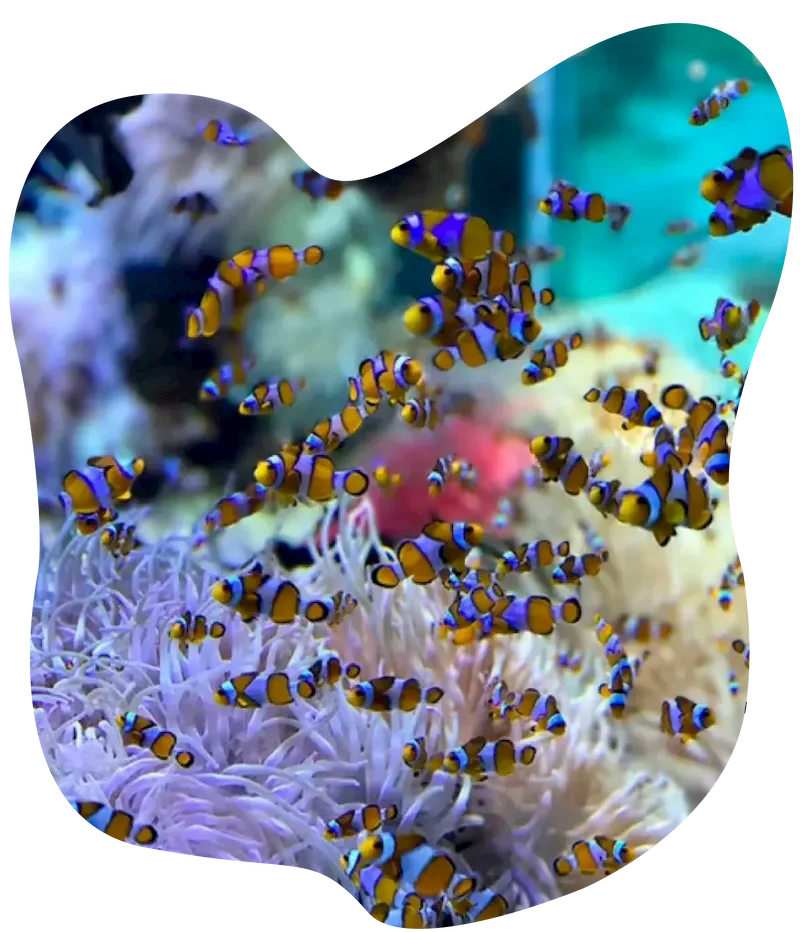
Fill Out The Form And Our Team Will Get Back To You In 24 Hours.